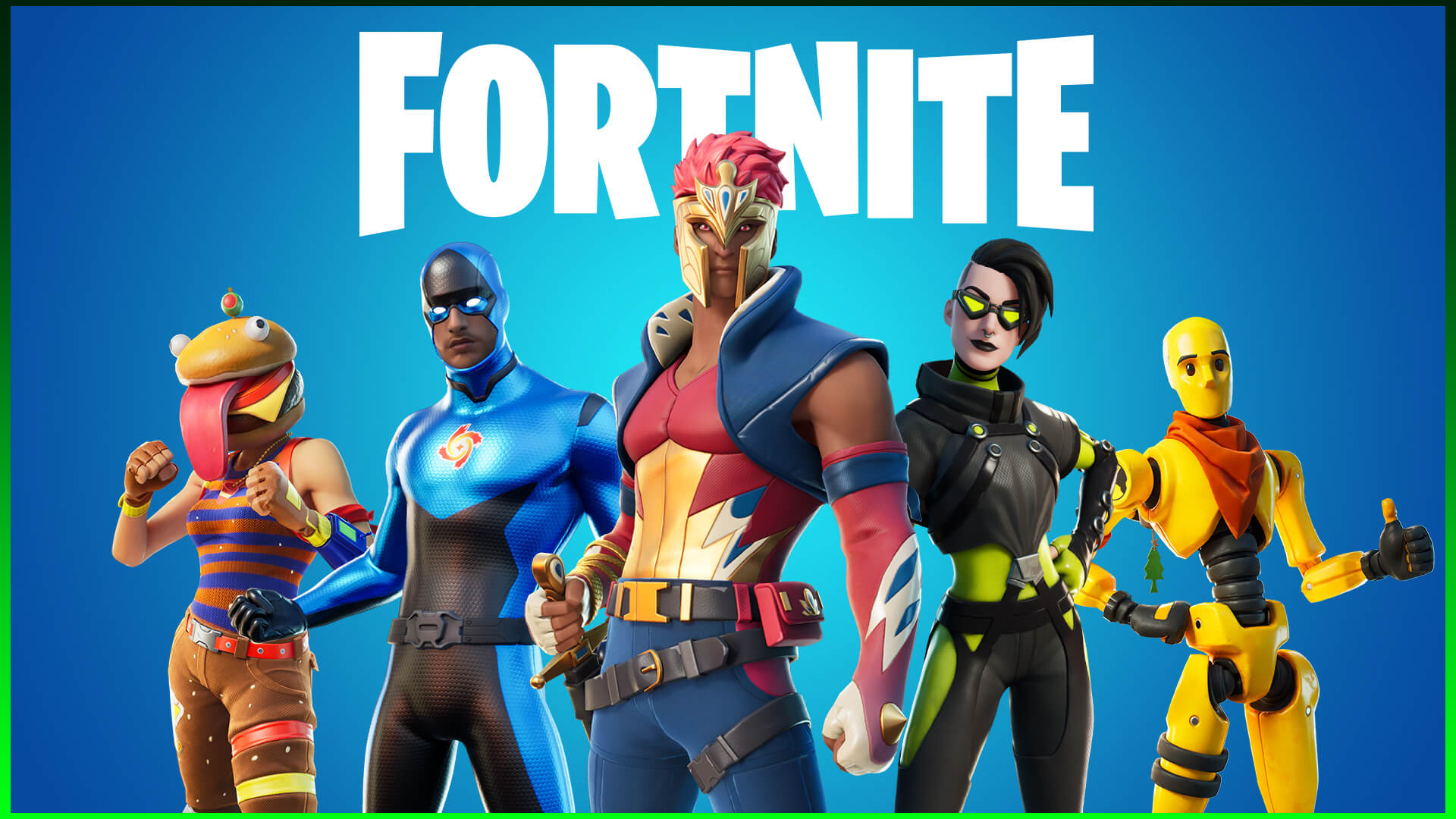In a loss not only economically but for the public relation side of things with Fortnite, Epic Games has to comply with two fines by the Federal Trade Commission regarding complaints about Fortnite.
In two separate record-breaking settlements, the FTC announced that Epic Games will pay a $275 million penalty for violating the Children’s Online Privacy Protection Act (COPPA), and $245 million to refund consumers tricked into making unwanted charges.
All of them sums 520 million dollars, a hefty amount of money only in fines and impossible to see as any strategic investment and will look horrible in next earnings.
FTC accused Epic of violating the COPPA by collecting the personal information of Fortnite players under the age of 13 without notifying their parents or obtaining verifiable consent from a guardian and enabling real-time voice and text communications for children and teens by default, resulting in some players being bullied, threatened, harassed, and exposed to dangerous and psychologically traumatizing issues.
With this, FTC also accused Epic Games of using “dark patterns and billing practices” to trick players of all ages into making unwanted purchases, and let children amass unauthorized charges without any parental involvement.
To all this, this is the official statement by Epic Games:
“No developer creates a game with the intention of ending up here… We accepted this agreement because we want Epic to be at the forefront of consumer protection and provide the best experience for our players.
Over the past few years, we’ve been making changes to ensure our ecosystem meets the expectations of our players and regulators, which we hope will be a helpful guide for others in our industry.”
To me, this is the old parent’s war against platform that have access to children but I always remind people of a notorious lawsuit that parents did to the good-old Myspace social network and how a judge dismissed the lawsuit scolding them “is not Myspace’s job to check what your children is doing in the internet, but parents”.
Yes, platform owners have some reach, but it ends on parents BEING PARENTS to have children not behaving like children AND MUCH LESS, having access to a credit card or knowing at an disturbing early age how banking works in the first place.


